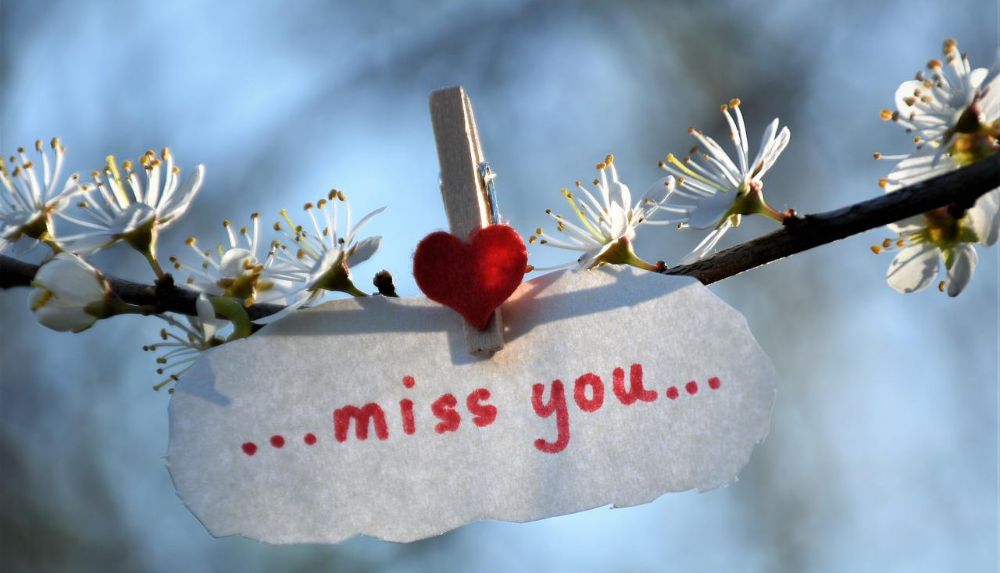
There’s a large open, grassy and wooded area to the west of our cabin. Several of my grandmother’s lilacs stand there. In this cold spring their buds as hard as BB’s, blossoms are still weeks away. A couple years ago the property was sub-divided, leading us to worry about new home/cabin construction nearby.
Today, as I look out those west facing windows I can see another home builder at work. She is about 7 inches long and working in the crook of a Douglas Fir with a steady diligence. A robin building her nest.
She seems undaunted by our cold spring. It snowed again yesterday. That pushed the month’s precipitation well over 2 inches, substantially above normal. That’s good news, as the Wallowas, like much of the American West, had experienced drought conditions over two decades now. But not this year, at least not so far. Rainfall and snowfall are up. The lake is high and the snowpack in the mountains hasn’t even begun to melt. In fact, the Wallowa Lake Tramway was shut down on Memorial Day because of 18″ of new snow on Mt. Howard.

This Memorial Day I walked up the East Fork of the Wallowa River Trail to the spot where we scattered my parents’ ashes. It was a favorite picnic spot of theirs. But with yesterday’s snowfall it wasn’t a great day for a picnic. Here’s a photo.
After my parents moved back to Oregon’s Willamette Valley, in retirement, they renewed a long-standing family Memorial Day practice of taking flowers to the graves of relatives. Great bunches of lilacs, rhodies or lupines — whatever might be in bloom. Memorial Day was also known as “Decoration Day.” Decorate the graves of loved ones.
So it seemed like a good day to trek to what is kind of their gravesite, though there is no marker other than the rushing water. How different from what is typically termed a “makeshift” memorial in Uvalde, Texas. A week later the flowers, candles, crosses and pictures testify not to the remembrance of ancestors, but to the murder of children.
The difference between Decoration Day remembrance and our frequent mass shootings is a hideous sign of a changed and damaged nation. The other day David Brooks spoke of what he called “a rising tide of menace” in our nation. That captures the dis-ease I feel.
It’s not that there haven’t been murders, tragedies and hideous injustices in the past. There have. But were they so “normalized” as they seem now to be? Since Uvalde there have been 14 more mass shootings (a “mass shooting” is defined as one where 3 or more people are shot), killing 10 and wounding 61.
Since 9/11, one of the words that has been invoked frequently is “hero.” Retired military are regularly acclaimed as “heroes,” as are firefighters and other emergency personnel. I am sure many are heroes. But the somewhat anxious invocation of “heroes” has also seemed to me an attempt to assure ourselves that we are really a good people, a good nation, innocent.
The novelist Flannery O’Connor defined “sentimentality” as “an insistence on innocence.” In Uvalde there were no heroes, at least among the police. And in America today, we are not innocent.
Discover more from Post Alley
Subscribe to get the latest posts sent to your email.

WELL VOICED